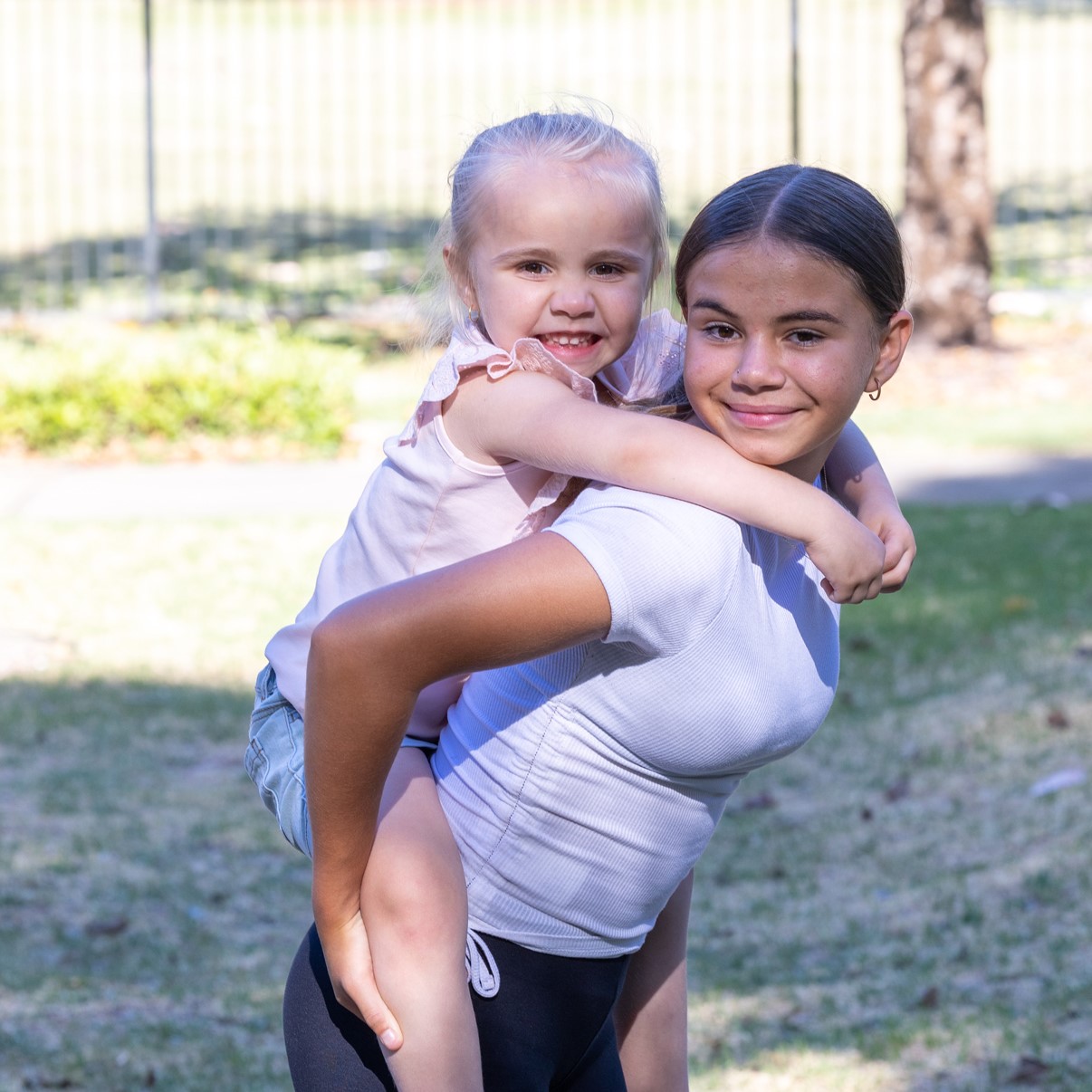Search
Showing results for "Au"
Research
No association between early gastrointestinal problems and autistic-like traits in the general populationNo association between early gastrointestinal problems and autistic-like traits in the general population, determine whether gastrointestinal problems, early...
Research
Prenatal maternal stress associated with ADHD and autistic traits in early childhoodResearch suggests that offspring of mothers who experience high levels of stress during pregnancy are more likely to have problems in neurobehavioral...
Research
A new method of prenatal alcohol classification accounting for dose, pattern and timing of exposure:When examining the association between prenatal alcohol exposure and fetal effects, the timing and intensity of exposure have been ignored in epidemiological st
This tool is designed to help current and future parents and caregivers as well as health care providers. It is currently based on the 2025 Western Australian RSV immunisation program.
Research
Moort Vax Waangkiny: Understanding reasons for routine vaccine uptake among Aboriginal children aged <5 years in Perth (Boorloo) metroAboriginal children aged younger than 5 years in Perth (Boorloo) have lower vaccine uptake compared to non-Aboriginal children.
Research
Characterising quality of life and its determinants for children with intellectual disability and their familiesAndrew Helen Jenny Peter Videos Whitehouse Watch and listen to Andrew Leonard Downs Jacoby PhD MBChB MPH BApplSci (physio) MSc PhD BA (Hons) MSc

Get some key information about some of the most popular questions that people are asking about the Discovery Centre.
Research
Developing and characterising juvenile models of aggressive paediatric brain cancers for the evaluation of novel immunotherapies.While profound treatment responses have been realised using immunotherapy for some cancer types, this is yet to be seen for paediatric brain cancer patients.
Research
The application of environmental health assessment strategies to detect Streptococcus pyogenes in Kimberley school classroomsChildren spend almost one-third of their waking hours at school. Streptococcus pyogenes (Strep A) is a common childhood bacterial infection that can progress to causing serious disease. We aimed to detect Strep A in classrooms by using environmental settle plates and swabbing of high-touch surfaces in two remote schools in the Kimberley, Western Australia.

The Indigenous Genomics Group aims to build Indigenous leadership in genomic and data sciences, precision health, and ethics to improve health equity and the wellbeing of Indigenous people, families and communities.
